After decades of fighting the AIDS crisis, there still is no cure for HIV. But brave folks like Jeffrey Drew (pictured above, right) are helping to change that.
Right to Try follows Drew, an activist and person living with HIV, as he undergoes a clinical trial in an attempt to find a cure. The documentary depicts Drew's bravery, but it also shows how systemic forces in the battle, like the impact of the ongoing global pandemic and the grip Big Pharma's has on patents in the United States, prevent patients from receiving treatment and care.
Out chats with Right to Try creator Zeberiah Newman, who discusses the making of the film, the role of drag in AIDS activism, and how Oscar-winning actress and LGBTQ+ ally Octavia Spencer became attached as a producer. The film screens Saturday at Outfest, and Spencer will also receive Outfest's Ally Award on Sunday at the Los Angeles film festival's closing night gala.
Out: What inspired you to make Right to Try?
Zeberiah Newman: I've been friends with Jeffrey Drew for many years, and when he mentioned he was thinking of doing this trial, I thought it sounded like a once-in-a-lifetime story and one that absolutely needed to be documented. I immediately bought a camera and started filming. There wasn't much time for pre-production. It was very much a "he's doing this now, and I need to get this now" situation.
What do you hope is the viewers' takeaway from Drew's journey in undergoing a medical trial in an attempt to cure HIV?
First, I want viewers to see Jeffrey as the hero he is. As a gay man of a certain age, we are missing a generation of leaders and heroes, as AIDS took many too soon. Jeffrey put his life on the line to help his community. He did this for no money and no intentional notoriety. These selfless, heroic traits are characteristic of a hero and one that our community desperately needs at the moment. Jeffrey asks "how can I be of service" before "what's in it for me." I hope Jeffrey's voice is amplified as a result of this film, as he so deserves to be heard, and we all would benefit from a little Jeffrey in our lives.
Best in Drag - the annual fundraiser for the Alliance for Housing and Healing -- is prominently featured in the film. How would you characterize the role of drag in fighting AIDS?
I am not a drag performer, so I don't want to speak with too much authority on the subject. However, if you go back to the early '80s and '90s, drag performance was heavily used in programs to raise money for AIDS nonprofits and awareness. It's been well-documented how crucial and fundamental drag performance has been throughout the years -- not only to engage and entertain audiences, but also to educate them. Personally, who wouldn't want to laugh and dream when the world is literally falling down around you?
Big Pharma also plays a central role in the production. What emotions did you feel in your review of how these companies can prioritize profits over patients?
I want to be clear that I did not set out to make a "Big Pharma is bad film." I didn't even know what Gilead was when I started this project. Everything I discovered is in the public domain and, although truly disturbing and horrific, none of this is news. It's reported all the time. However, when audiences see this information in the context of a long-term HIV survivor, it hits differently. Obviously, there is much-needed oversight on this issue. It's out of control, and we've allowed companies to monetize disease. It's not just HIV -- it's mental illness, cancer, diabetes -- it's everywhere.
How do we shift this balance of power?
There are a lot of highly educated individuals with incredible insight into this. I'm only one voice -- but we point to much-needed patent reform as a starting point in terms of taking some of the money and power away from these companies. The fact that a pharmaceutical company controls patents and can charge whatever they want for life-saving drugs -- which they've been doing for decades -- is something constituents and our elected politicians should address with fervor and enthusiasm. We need oversight in this area. I'm not saying we burn the system to the ground, but we need to demand better pricing and fair oversight.
How did Octavia Spencer become a producer of Right to Try?
She got word of the film and reached out to us. She took a look at the footage and immediately came on board. She's been the most amazing, unbelievable partner on this project. Her entire team is outstanding. It's been a blessing and a treat to get to know them and work with them. I prefer to work with good people, and Octavia and her company are some of the kindest, smartest, savviest people in the business. Their involvement, coupled with the support and guidance of my producer Andrew Carlberg, makes me feel like I hit the lottery.
Katy Perry also lent a song, "Only Love." How did that come about?
This song was a gift from Katy to the project. Octavia arranged it.
How is Jeffrey doing at present?
Jeffrey is doing wonderful. One of the great gifts of my life has been spending so much time with him these past two years. He makes me laugh, he inspires me to be better, and his positive spirit is contagious in the most comforting ways. He's still not quite to that "cured" state, but he's on his way.
Do you believe a cure for HIV is in the near future?
I absolutely believe there is a cure on the way. I do want to flag this to our community: who gets the patent for the cure will have a lot of power in terms of who gets access to it, and how much it costs. So when the cure is found, and proven safe, I hope we as a community demand equal distribution and affordable pricing.
Right to Try will screen Saturday, August 21 at 11 a.m. at the Outfest Los Angeles LGBTQ Film Festival, in advance of AIDS Diva: The Legend of Connie Norman. Octavia Spencer will also be honored on Sunday, August 22 at the festival's closing night gala. Buy tickets at OutfestLA2021.com.

RELATED | Outfest 2021 Unveils Dates and (In-Person!) Film Lineup
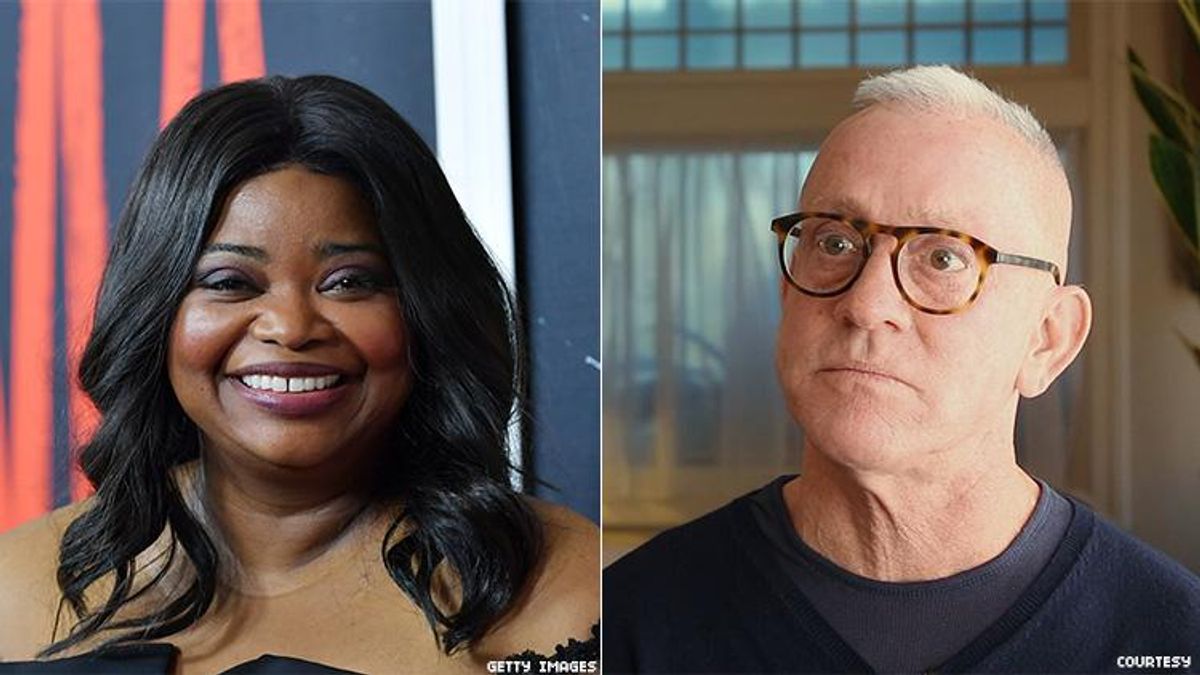



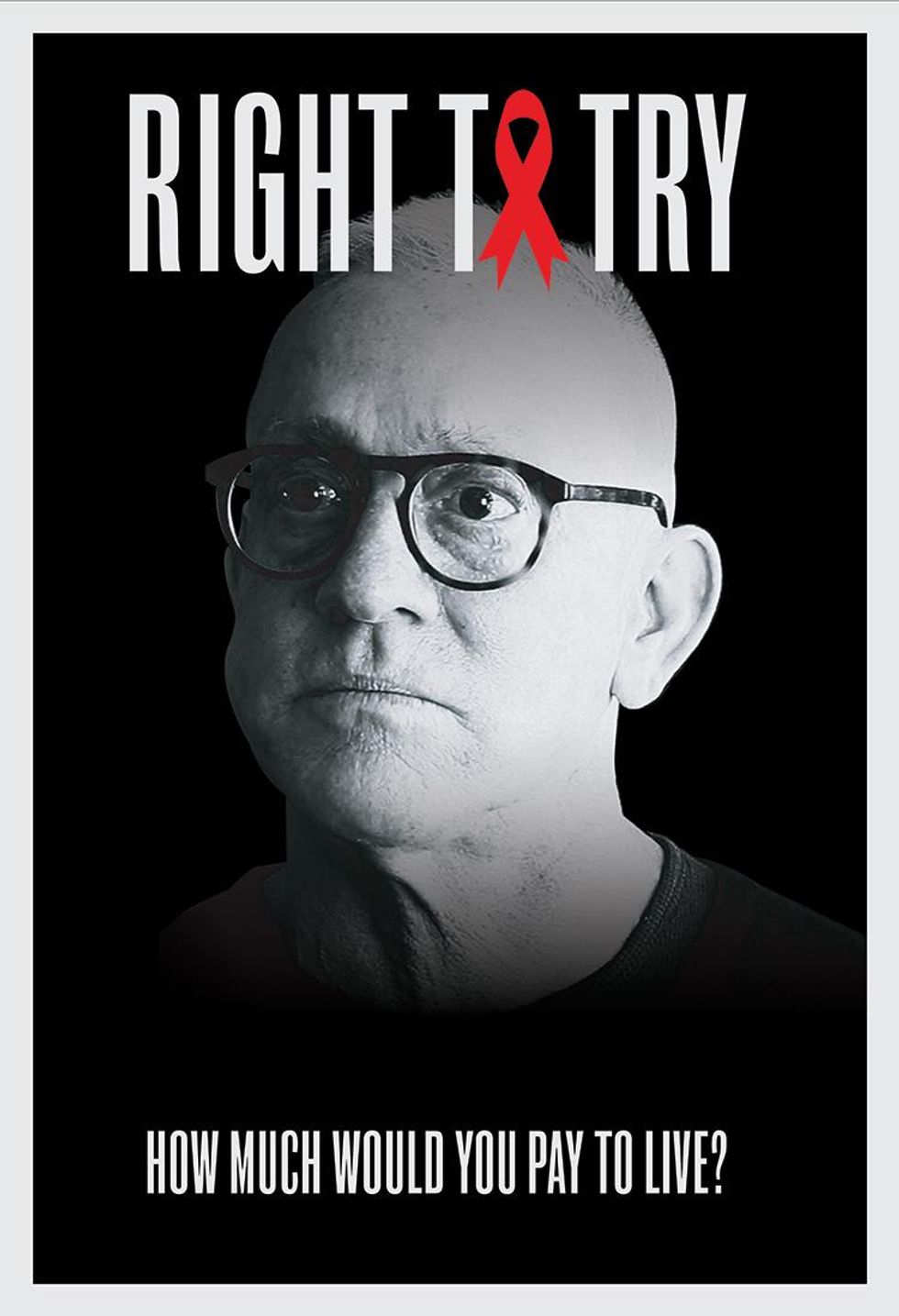

















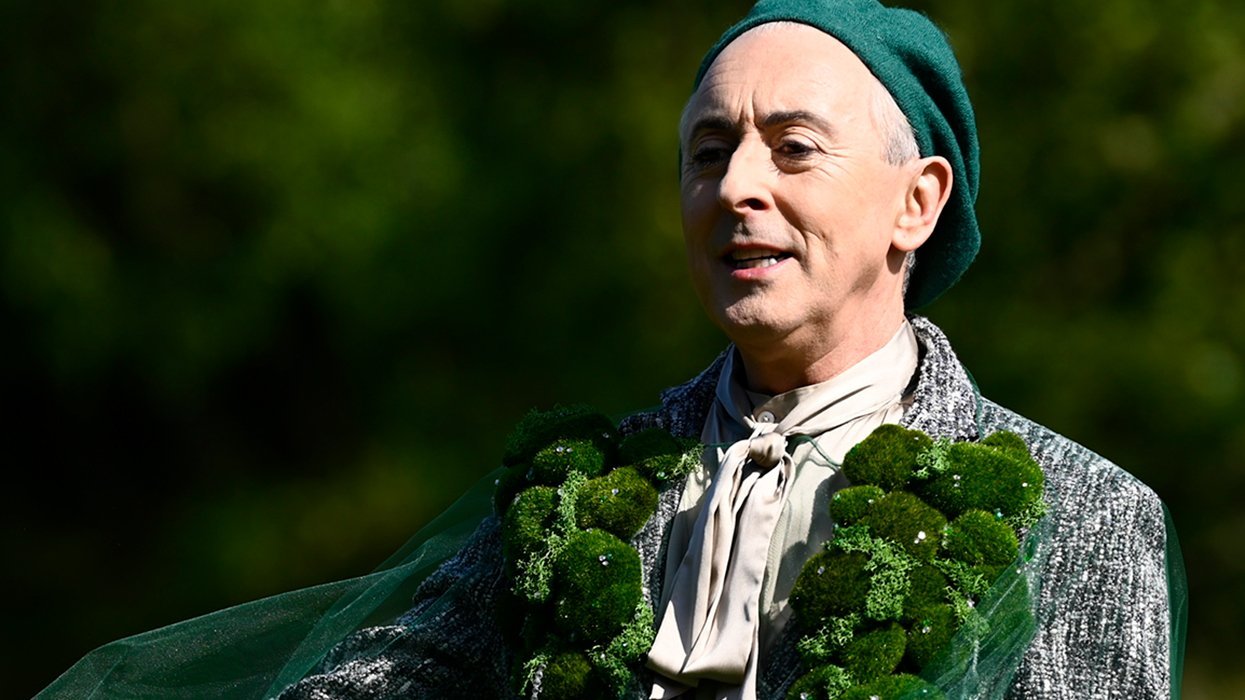


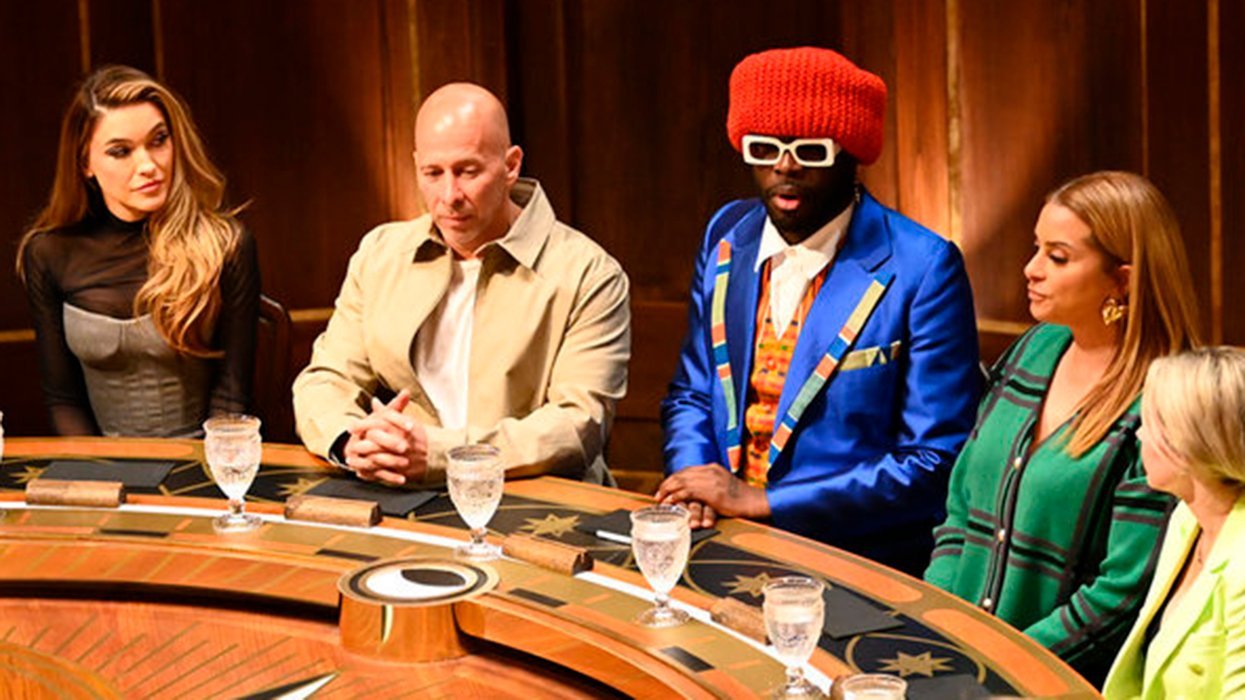
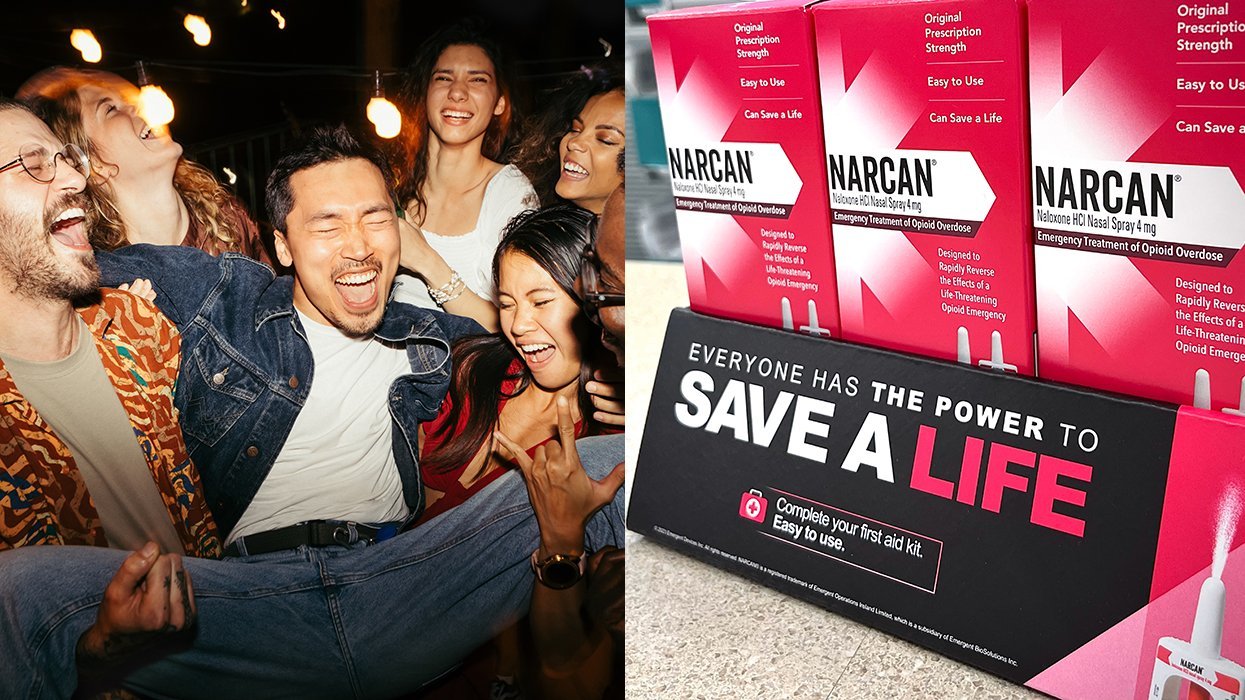
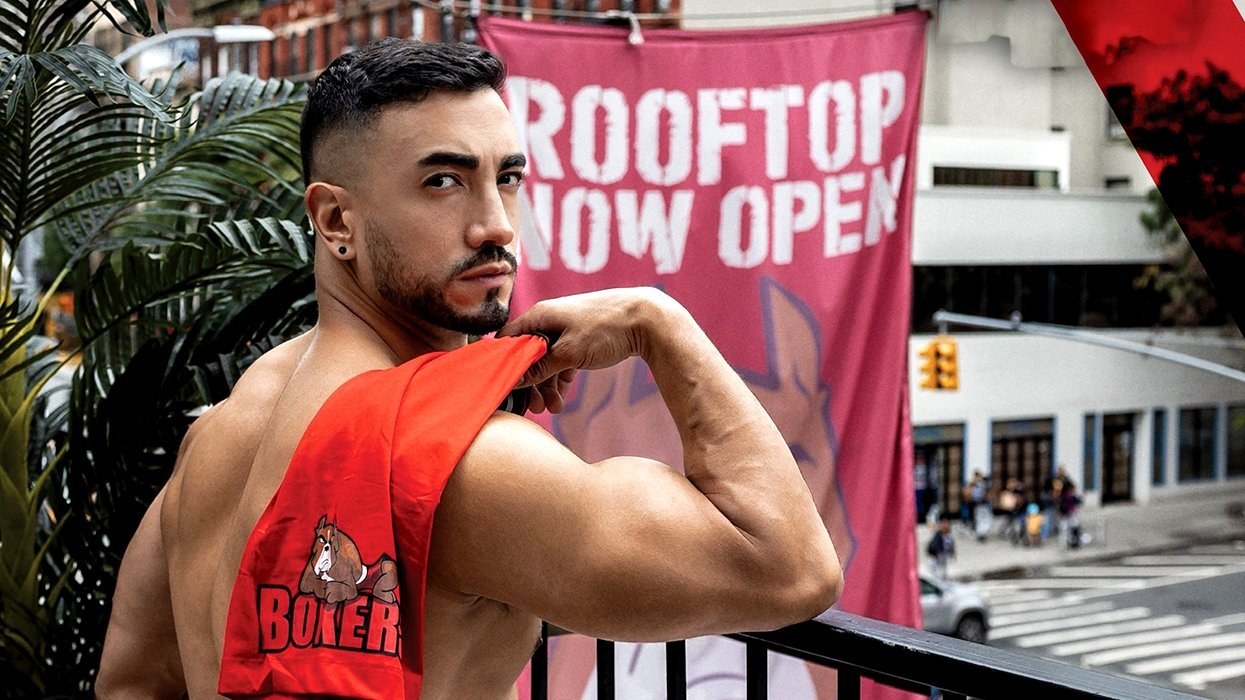
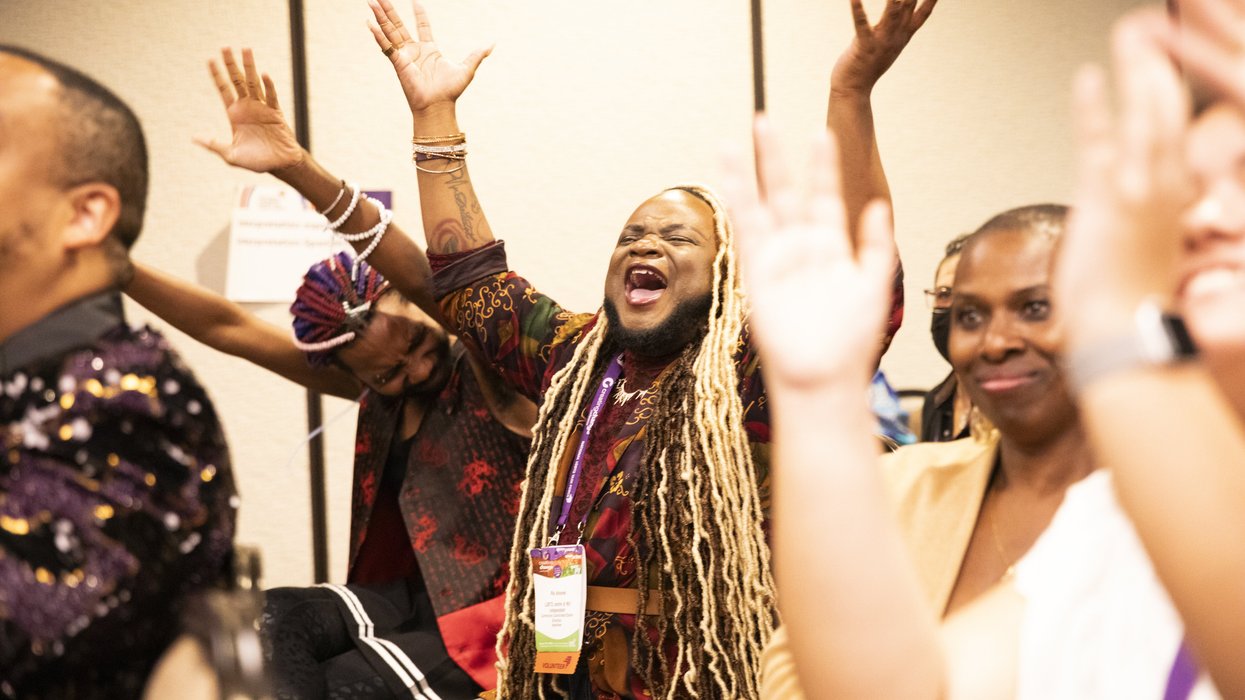
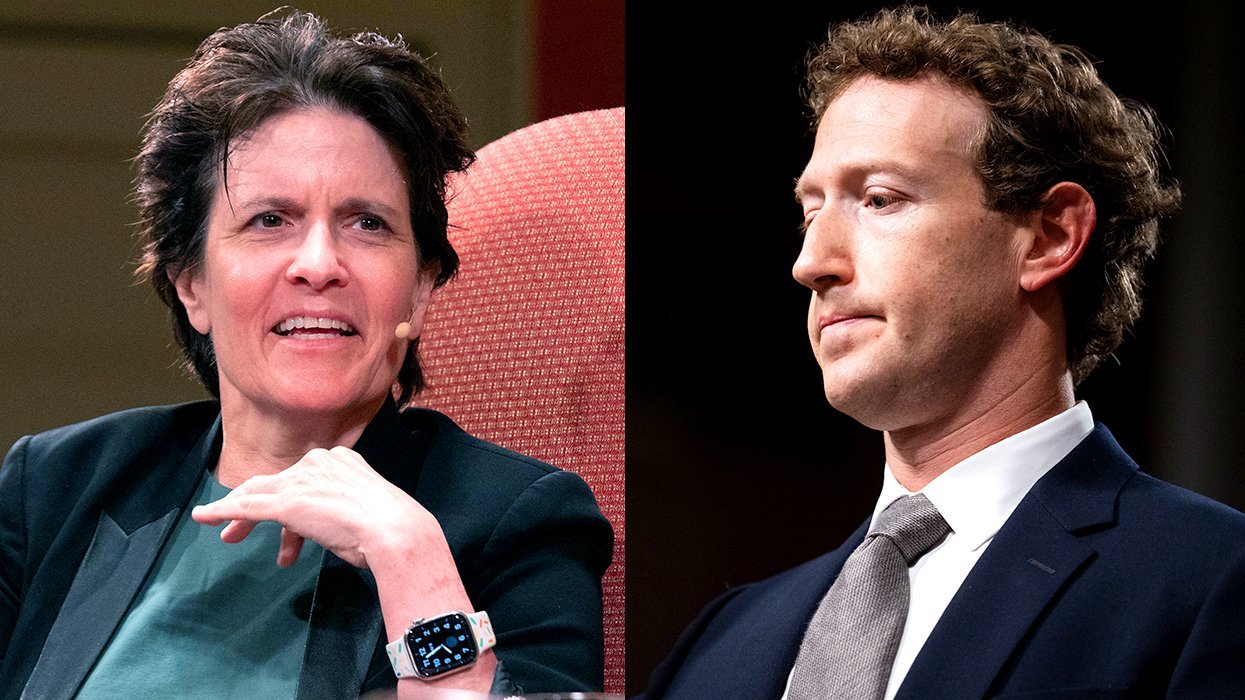

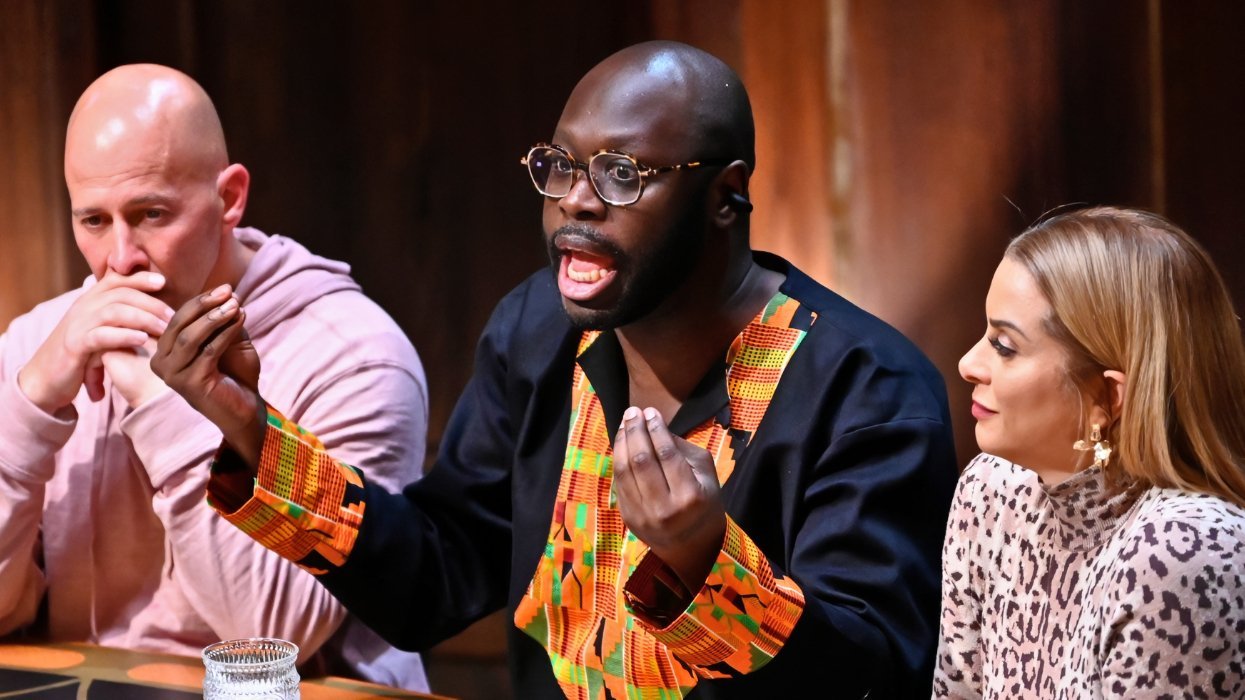



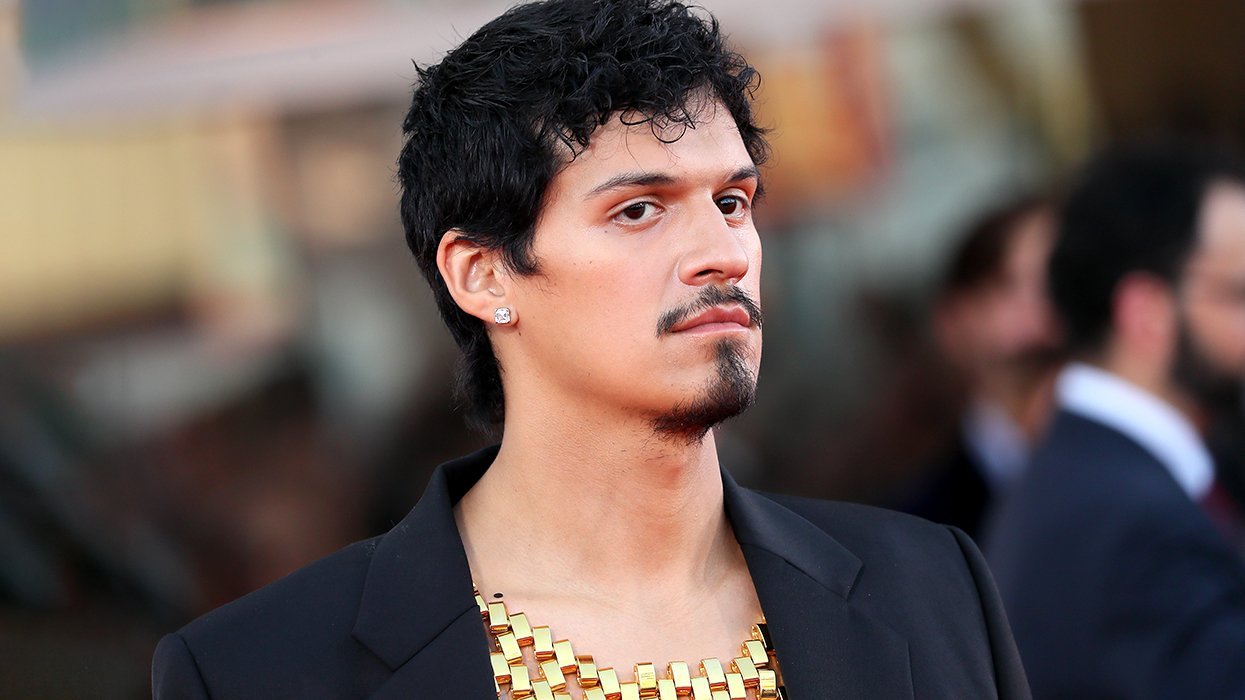




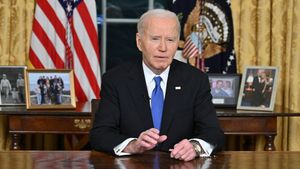


































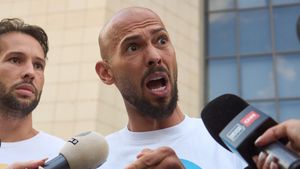










Beware of the Straightors: 'The Traitors' bros vs. the women and gays